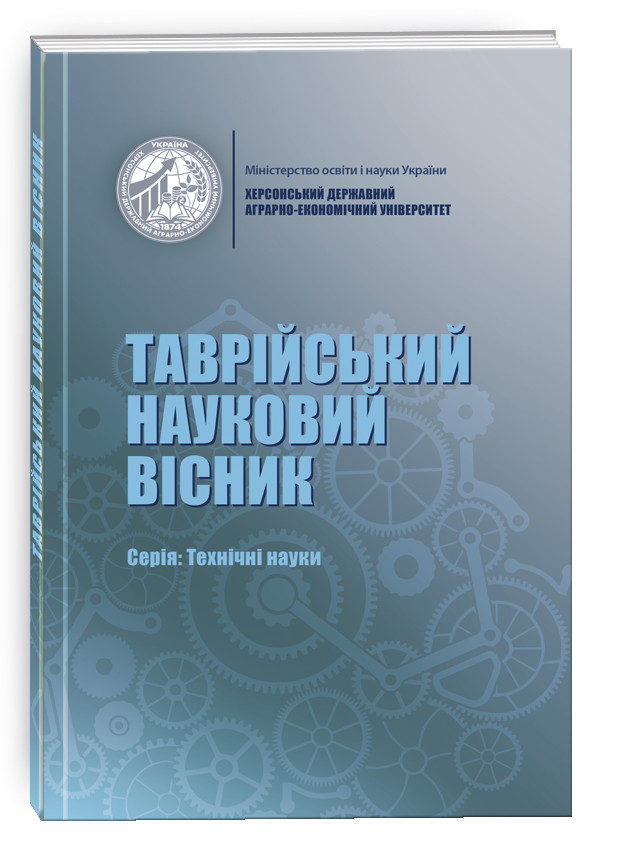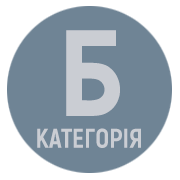THE USE OF ARTIFICIAL INTELLIGENCE IN THE WEBSITE SEO ANALYTICS SYSTEM
DOI:
https://doi.org/10.32782/tnv-tech.2024.1.4Keywords:
website, SEO analytics, artificial intelligence, machine learning, search, optimization, text analysisAbstract
The article discusses the theoretical foundations of website SEO analytics and the application of artificial intelligence in this area. The main tasks of SEO analytics are analyzed, which include measuring and analyzing such indicators as the number of website visitors, traffic sources, and ways users interact with content. This allows you to understand the effective channels for attracting an audience and the aspects of content that attract attention. The article also discusses the tasks of analyzing the movement of keywords in search engines, checking technical aspects for their impact on rankings, and researching external links. The application of artificial intelligence methods in SEO analytics to automate processes is described. A functional model of an SEO analytics system based on artificial intelligence methods has been developed. The information model of the database developed for the SEO analytics system made it possible to clearly present the structure and logic of storing the data necessary for the system to function. The definition of the main entities, their attributes, and relationships between entities allows for efficient storage and retrieval of data for further processing. The issues of architecture, modeling, and design of software for the SEO website analytics system are comprehensively considered. The functions and interactions of the main components of this model – database, service components, and interface representation - are defined. The processes occurring in the system are described using UML sequence and activity diagrams. The detailed functionality of the system that meets all the requirements is developed. The results of testing and approbation of the SEO analytics system software are presented. The stage of experimental testing made it possible to check in detail the system's performance on real data, to illustrate the possibility of implementing all the necessary functions. The artificial intelligence algorithms implemented in the software showed a high level of accuracy in processing and analyzing textual information, identifying keywords and building semantic relationships.
References
Романенко Л. Ф., Брайловська О. О. Тенденції розвитку SEO-оптимізації та подолання існуючих ризиків. Наукові записки Львівського університету бізнесу та права. 2022. № 35. С. 130–137.
Дрокіна Н. І. SEO-оптимізація сайту підприємства як інструмент інтернет–маркетингу. Науковий вісник Ужгородського національного університету : серія: Міжнародні економічні відносини та світове господарство. Ужгород : Гельветика, 2018. Вип. 19. Ч. 1. С. 127–132.
Литвиненко А. С. Дослідження внутрішніх методів seo-оптимізації для просування сайту. Матеріали Міжнародної науково-практичної конференції молодих учених, аспірантів та студентів «Інформаційні технології в сучасному світі: дослідження молодих вчених» : тези доповідей, 20–21 лютого 2020 р. Х.: ХНЕУ імені Семена Кузнеця, 2020. С. 17.
Городецька Т. Б. та ін. SEO-оптимізація контенту. Сучасні інформаційні технології та телекомунікаційні мережі, 2019. С. 47–51.
Що таке штучний інтелект (ШІ)? URL: https://thetransmitted.com/adlucem/shho-take-shtuchnij-intelekt-shi/ (дата звернення: 20.01.2024).
Колесніков А. П., Карапетян О. М. Штучний інтелект: переваги та загрози використання. Efektyvna ekonomika. 2023. № 8. URL: https://doi.org/10.32702/2307-2105.2023.8.9 (дата звернення: 22.01.2024).
Welcome to Python.org. URL: https://www.python.org/ (дата звернення: 26.01.2024).
What Is SQLite? SQLite Home Page. URL: https://www.sqlite.org/index.html (дата звернення: 26.01.2024).







